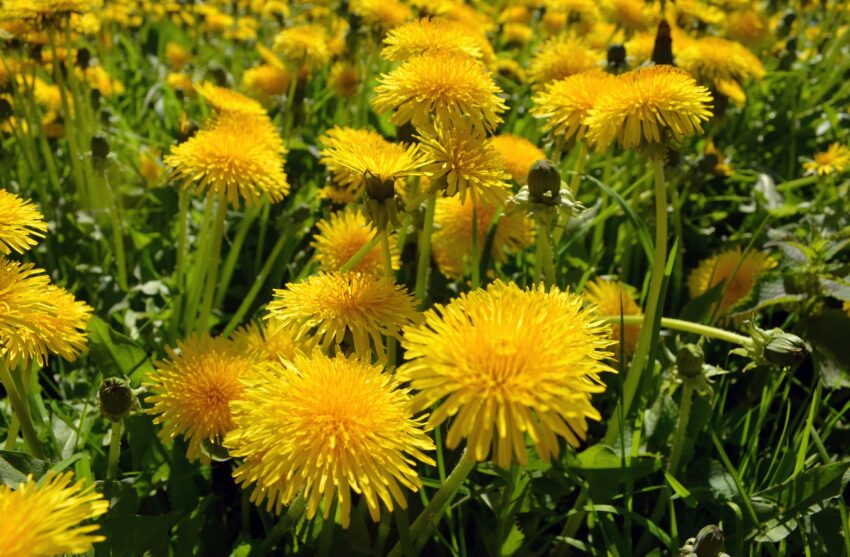-
Lingering EmotionsUnresolved emotions don't go away. Instead, they resurface as physical symptoms when you least expect them. Work to resolve your emotions.
-
April’s Full Pink MoonOn Tuesday April 23, April’s Full Pink Moon will reach its peak. Tap into the power of the moon to bloom what is rising within you.
-
Nature’s Gift to UsNature prepares each living thing for its species survival. A single onion can nourish, form new plants, and double or triple its reward. Learn to grow your own onions!
-
Liver Qi In MotionBe flexible, look for opportunities, and shake the rust off so you can spread your branches freely in every possible direction.
-
Growth, Harmony and Fearlessness: Spring ConsciousnessNature is our greatest teacher. The Spring season alone holds so many lessons, if we are willing to see beyond the visible.
-
Eggs: a Symbol of Perfect BalanceEggs represent the promise of future life and represent yin/yang balance. Learn why and try this new recipe!
-
The Healing Power of HoneySuffering from seasonal allergies? Learn how and why honey can help repair your relationship with Nature.
-
Effects of the Solar EclipseWhat effect does the eclipse have on plants, animals, and people? And how do human and Universal energies collide?
-
TCM Tips for the Total Solar EclipseA total solar eclipse will move over the United States on Monday, April 8. Be sure to connect to this awe-inspiring Qi field.












